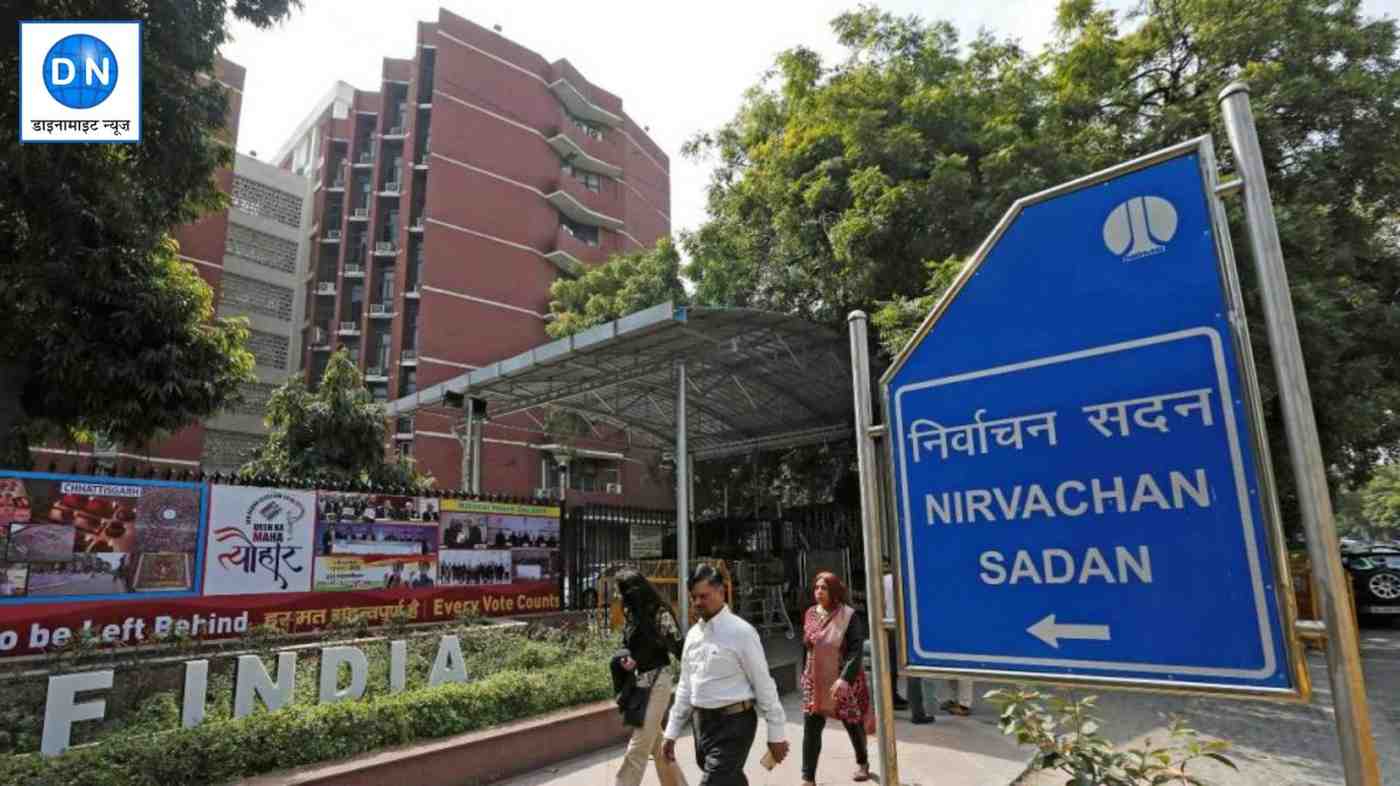
New Delhi: In a landmark move aimed at promoting transparency and research, the Election Commission of India (ECI) has released the world's largest electoral dataset unveiling 42 statistical reports on 2024 Lok Sabha elections and 14 reports each on four state assembly elections.
The Election Commission said that these 100 statistical reports will be a treasure trove for academicians, researchers, and election watchers worldwide for in-depth analysis and policy insights.
The data sets provide details of Parliamentary Constituency/Assembly Constituency /State-wise electors, number of polling stations, State/ PC wise voter turnout, Party wise vote share, gender-based voting behaviour, state wise participation of women electors, regional variations, constituency data summary report, performance of National/ State parties/ RUPPs, winning candidates analysis, constituency wise detailed results and many more.
Also Read |
BJP, ally maintain lead over rivals in UP
"This exhaustive data set empowers stakeholders to slice and dice data for a granular level analysis with comparison from data sets of previous elections already available on ECI website, these reports will facilitate time-series analysis to track long-term outlook and shifts in electoral and political landscape," an EC official said.
As per the data, Lok Sabha Elections created world record with 64.64 crore voters exercising their franchise. Number of nominations filed stood at 12,459 in 2024, as compared to 11,692 in 2019. 8,360 candidates contest elections as against 8,054 in 2019.
The report also highlighted that women voters outshined male participation, signaling a new normal of women enfranchisement. Female voters stood at 65.78 per cent as compared to 65.55 per cent for male electors. Female Contesting Candidates were 800, as against 726 in 2019.
Also Read |
Assembly elections: 54.53 % voter turnout in Maharashtra till 5 pm
According to the data, a massive 46.4 per cent increase in third-gender electors from 2019. 90,28,696 registered PwD Electors in 2024, as compared to 61,67,482 in 2019. Repolling was merely in 40 Polling Stations {0.0038% of Total Polling Stations (10.52 lakhs)} as compared to 540 in 2019.
The ECI's move to proactively share the massive dataset should silence critics alleging non-disclosure by the poll body.







